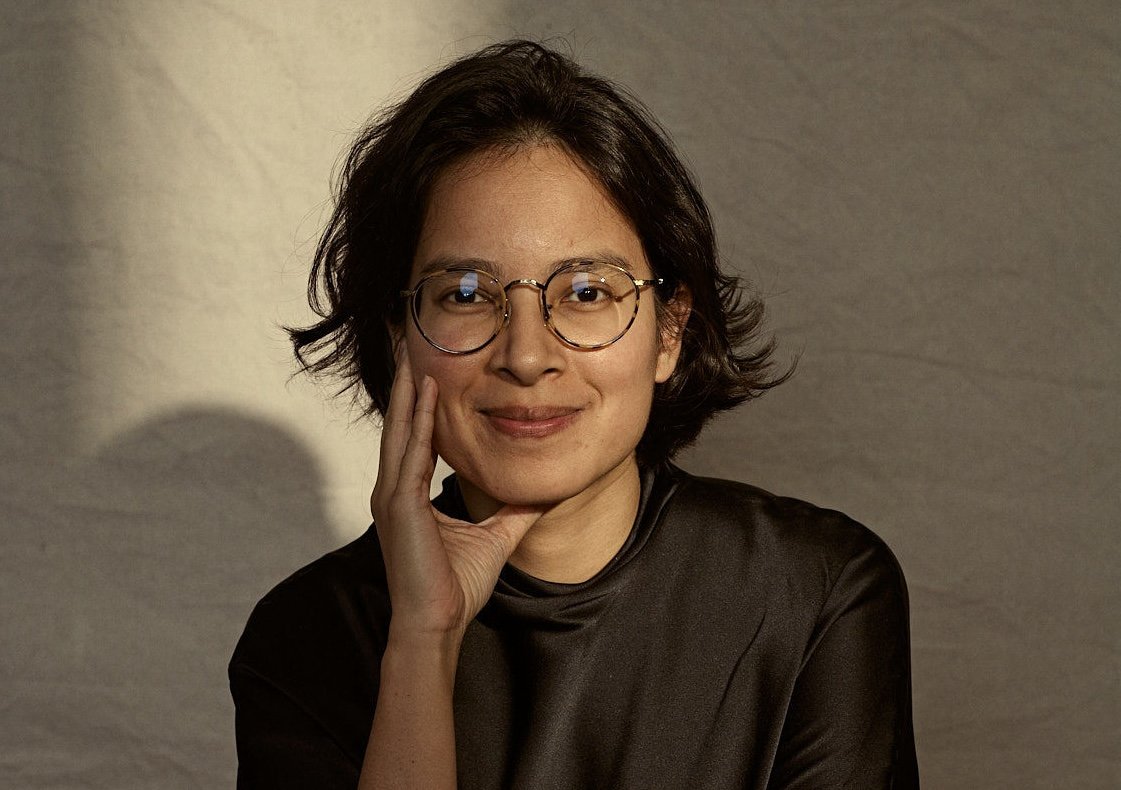When Urvashi Barooah set her sights on applying to MBA programs in 2015, her goal was clear: to become a venture capitalist. She poured her heart and soul into her applications, fueled by her determination to achieve her dream. However, to her dismay, Barooah was rejected by every school she applied to. Her dreams seemed shattered, but she refused to let that stop her.
Fast forward eight years, and Barooah is now 33 and being promoted to partner at Redpoint. Joining the firm as an associate four years prior, she has risen to the role of principal and is now one of the three partners focusing on early stage investments. Redpoint, based in Silicon Valley, is currently investing from its $650 million ninth fund.
In an interview with TechCrunch, Barooah reflected on the early days of her journey and how some business schools had questioned the feasibility of her goals. While she acknowledges that breaking into the relatively small venture industry with no network or connections in Silicon Valley may have seemed unrealistic, she is glad she didn’t let naysayers discourage her.
“I wasn’t deterred, but it did feel kind of impossible at one point,” Barooah shared. “I was so removed from it. I didn’t know the reality on the ground. I just knew what people wrote about in the papers.”
Barooah was born and raised in Guwahati, a small city in India, far from the bustling hub of Silicon Valley. Her parents, both successful entrepreneurs, instilled in her a strong entrepreneurial spirit from a young age. With her dad running a chemical business and her mom designing and selling furniture, Barooah was exposed to the realities of running a business and the perseverance required to overcome challenges.
“My parents always asked me, ‘what kind of business do you want to start?’ That is what the most successful people in India did,” she shared. “They always encouraged me to forge my own path and start my own company. I thought about that for a long time, but there was nothing that excited me. If I didn’t have a passionate idea, the next best thing I could do was work with founders.”
In 2017, Barooah reapplied to business schools in the United States after working as a consultant. This time, she fared better and secured a spot at Wharton. Throughout her studies, she tailored her classes and extracurricular activities to learn everything she could about the venture industry. She started reaching out to entrepreneurs, developing an investment thesis, and even cold-called VCs to pitch it.
After an estimated 50 cold calls, Barooah landed an internship at New York-based Primary Venture Partners in 2019. She followed that up with another internship at Redpoint and ultimately secured a full-time role. She has been with the firm ever since.
While growing up with entrepreneur parents didn’t introduce Barooah to venture capital directly, she believes her upbringing has made her a better VC. The daily struggles and triumphs of her parents’ businesses taught her the difficulty of running a company and the importance of resilience when faced with setbacks.
“They always fought against the odds and did what was necessary to keep their business going,” Barooah said. “[They taught me] this idea that you have to keep moving forward despite all odds and that it was supposed to be hard. If one of my companies has a setback, I know that it is just par for the course and something that can be overcome.”
Barooah’s current portfolio includes Dune Analytics, an ethereum-focused platform for making on-chain data accessible, Offchain Labs, a startup that helps companies scale with ethereum, and The Rounds, a delivery service focused on sustainability, among others. She also has two new investments that have yet to be announced and will be taking board seats for both.
Through her first few years as an investor, Barooah has learned that flexibility is key for VCs, and they must be willing to adapt to the market. While she initially focused on blockchain and crypto companies, she now spends most of her time on vertical SaaS startups utilizing AI.
Looking ahead, Barooah is excited to continue expanding her portfolio and embracing her new role as partner. She believes in being there for the founders when they need support and is grateful for the four years she has spent in venture capital, shaping her judgment on what makes a good company.
“It’s not something I have perfected by any means, but I have a few more successes than I did when I first joined,” she said. “That gives me more confidence to take on more contrarian bets, and in VC it’s about believing in things no one else believes and being right.”








